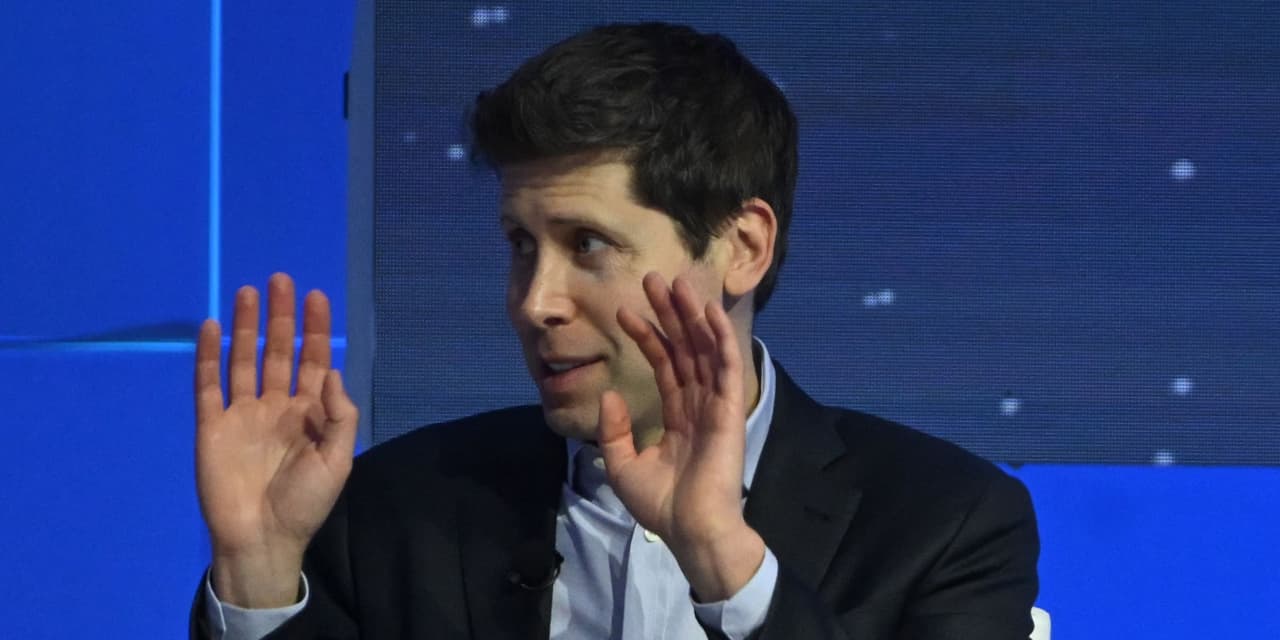After one of the more dramatic few weeks in recent corporate history, OpenAI co-founder Sam Altman is officially its chief executive again.
The AI startup behind ChatGPT announced Altman’s return before Thanksgiving, following a tumultuous week in which OpenAI’s board ousted Altman, who was then poised to join Microsoft Corp., only to return to his old job in a deal that saw the board reshuffled amid a staff revolt.
Read more: Opinion: The OpenAI debacle shows Silicon Valley will never police itself
On Wednesday, the arrangements for Altman’s return were finalized. Microsoft
MSFT,
a major investor in the company, will also be given a non-voting seat on the board, Altman said in a blog post.
“I have never been more excited about the future,” Altman said. “I am extremely grateful for everyone’s hard work in an unclear and unprecedented situation.”
Mira Murati — who had briefly served as interim CEO — will return to her role as chief technology officer, Greg Brockman will return as president, and the new board will consist of former Salesforce CEO Bret Taylor, former Treasury Secretary Larry Summers and Quora CEO Adam D’Angelo.
Missing from that roster is co-founder Ilya Sutskever, who will leave the board after initially voting to oust Altman, only to change his mind and support his return.
“I harbor zero ill will towards him,” Altman said in the blog post. “While Ilya will no longer serve on the board, we hope to continue our working relationship and are discussing how he can continue his work at OpenAI.”
Also gone are independent board members Helen Toner and Tasha McCauley, who agreed to leave the board as part of the deal for Altman to return.
Altman said his priorities now include further research, further investing in AI safety efforts and improving OpenAI’s products. Altman also said he and the board will seek to build out “a board of diverse perspectives, improving our governance structure and overseeing an independent review of recent events.”
Board chair Taylor, in a blog post, expanded on moves to improve the company’s corporate governance. “We will build a qualified, diverse board of exceptional individuals whose collective experience represents the breadth of OpenAI’s mission,” he said, adding that the new board will “enhance” the governance structure so that all stakeholders “can trust that OpenAI will continue to thrive.”
Read the full article here




